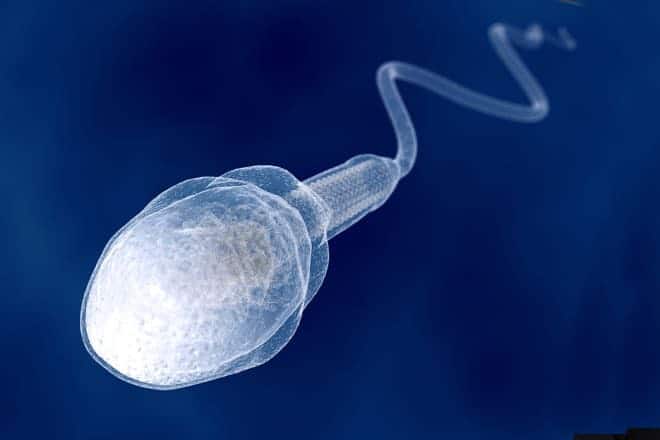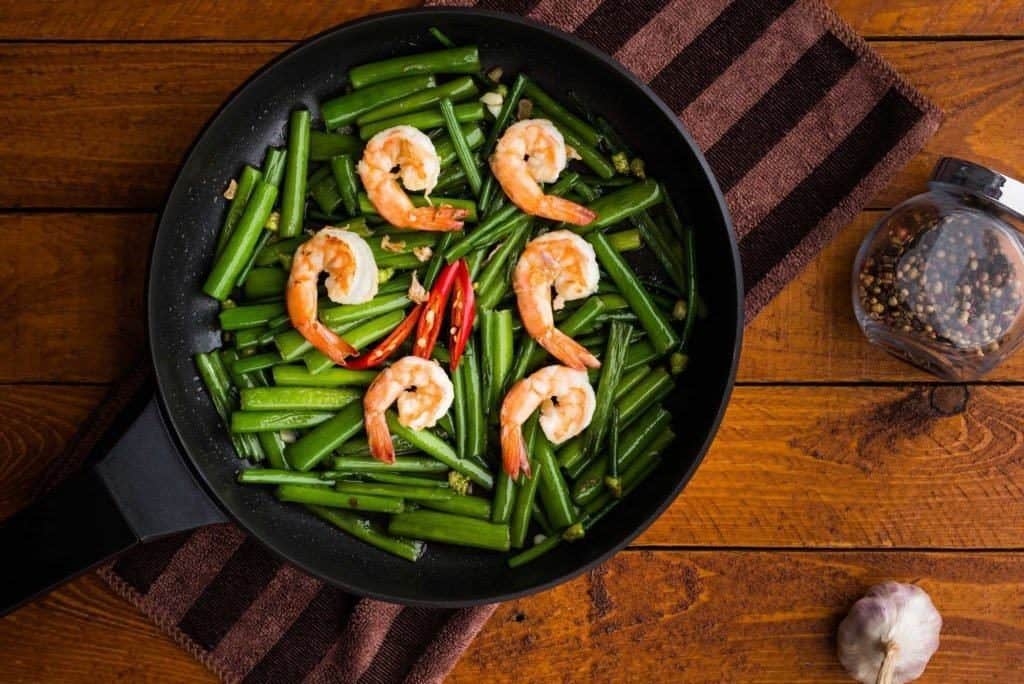Contents:
- Medical Video: I Ate One Meal a Day For a Month, See What Happened to Me
- Important child nutrition needs during fasting are fulfilled
- 1. Protein
- 2. Calcium
- 3. Iron
- 4. Vitamins A, C, and E
Medical Video: I Ate One Meal a Day For a Month, See What Happened to Me
Your child has started learning fasting? Introducing children to fasting may be important early on, so children understand the obligation of fasting. However, don't forget that children are still in their infancy and development. So, the nutritional needs of children during fasting are very important to fulfill. Do not over-force the child to fast, it can increase the risk of experiencing nutritional deficiencies.
Important child nutrition needs during fasting are fulfilled
The following are some of the children's nutrition during fasting that must be fulfilled to support its growth and development.
1. Protein
Protein is one of the main nutrients that must be fulfilled during the child's growth period. This substance is a builder substance and plays a role in every formation and repair of body tissues.
Children can get protein from two sources, namely animal and vegetable sources. However, animal protein has a better quality than vegetable protein because its essential amino acid content is more complete and abundant.
Examples of sources of animal protein are fish, meat, chicken, eggs, milk, and dairy products. While the source of vegetable protein is tofu, tempeh, soybeans, peanuts, and other legumes. According to the 2013 Nutrition Adequacy Rate, the protein needs of children aged 4-6 years are 35 grams per day, while children aged 7-9 years need 49 grams of protein per day. This need is roughly equivalent to 2 servings of food sources of animal protein and 2 servings of food sources of vegetable protein.
2. Calcium
Children still experience rapid bone growth until bone growth stops in adolescence. So, calcium is needed to support bone growth in childhood. Not only for bone growth, calcium is also needed to maintain a normal heart rate, blood clots, muscle and nerve function.
Some examples of food sources of calcium are milk, cheese, yogurt, tofu, broccoli, and others. Children aged 4-9 years need 1,000 mg of calcium per day, or the equivalent of 3 cups of cow's milk.
3. Iron
Iron is also one of the important nutrients for children. Iron deficiency can cause anemia. Iron needs are high in childhood because the child's blood volume is more in line with the period of growth. This iron is needed by red blood cells to transport oxygen to cells in the body. In addition, iron is also needed for brain development and function.
Meat, fish and chicken are the best sources of iron. Vegetables, like spinach can also give you iron intake. Meanwhile, bread, cereal, and pasta contain enriched iron. Children aged 4-6 years need iron as much as 9 mg / day, while children aged 7-9 years need iron as much as 10 mg / day, based on AKG 2013.
4. Vitamins A, C, and E
These are vitamins that have antioxidant properties, which can help the body prevent cell damage from free radicals. So, it boosts the immune system and keeps the body from infection. Vitamin A also plays an important role in the development of vision and bone, and supports the growth of cells and tissues of the child's body.
In addition, vitamin C also plays a role in helping to form and repair red blood cells, bones and tissues, strengthen blood vessels, help heal wounds, and help the body absorb iron. Meanwhile, vitamin E plays a role in repairing DNA and metabolic processes in the body.
Eating lots of vegetables and fruits that are varied helps children to meet these vitamin needs. For example, mangoes, oranges, strawberries, tomatoes, carrots, spinach, broccoli, and others. At least, children are advised to consume vegetables and fruits as much as 5 servings per day.












